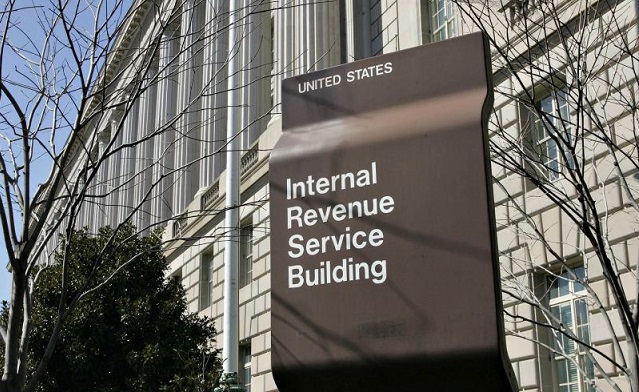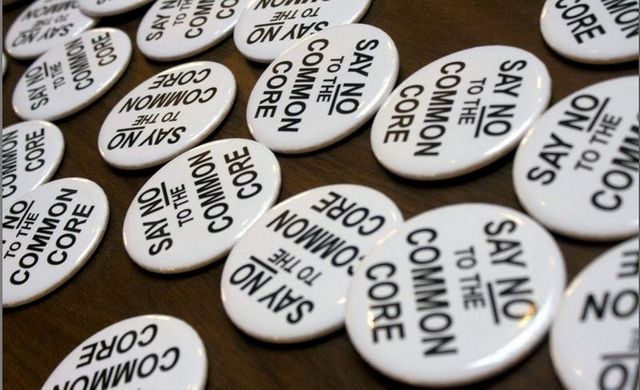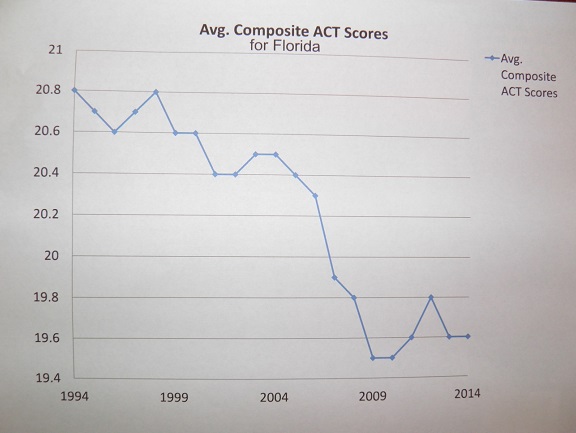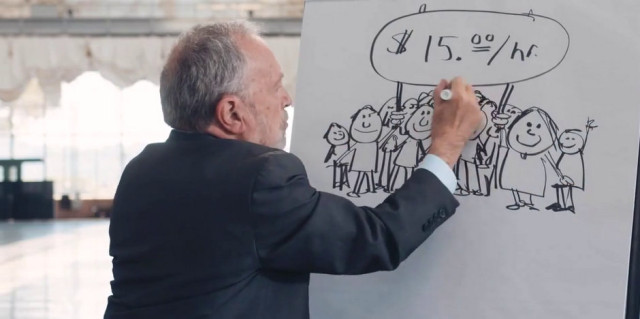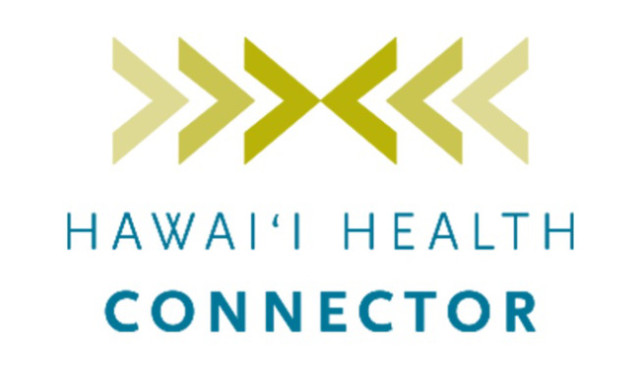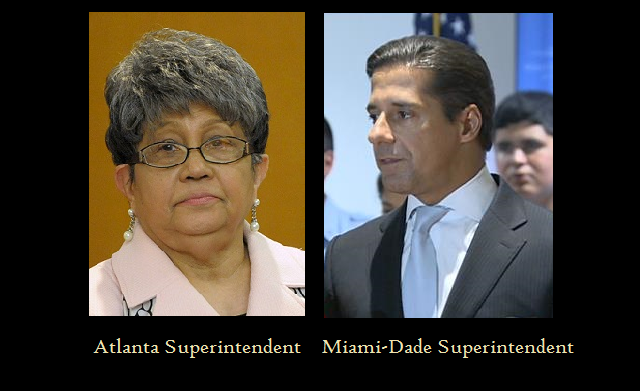Greeks Prepare to Be Pillaged by Jeffrey A. Tucker
In the world of banking, a “holiday” means you can’t get your money. It’s been a few years since we’ve seen that happen in any developed world economy, but that is exactly what the Greek government is doing, starting now, to stop a massive bank run.
Greece owes the International Monetary Fund a payment of $1.5 billion, due tomorrow, from the last time the government was bailed out. But, of course, governments can’t make wealth, and the money didn’t just magically materialize. They have to beg, borrow, and steal to get it, and Greece has finally found those limits.
Athens had hoped that it could once against tap the European Commission. But drained and fed up, other governments refused to extend yet another loan to Greece unless they agreed to reform their bloated and corrupt welfare state.
Unfortunately for Greeks, the ruling coalition in Greece swept into power in January on the platform of stopping “austerity” and rolling back budget cuts. They balked at the EU’s (and especially Germany’s) conditions for the next round of bailout money.
 As a result, Athens has really and truly run out of money, and they will default on their debts starting tomorrow — and the European Central Bank has said it will cut off emergency credit to Greek banks if the government fails to pay its debts.
As a result, Athens has really and truly run out of money, and they will default on their debts starting tomorrow — and the European Central Bank has said it will cut off emergency credit to Greek banks if the government fails to pay its debts.
The news that no deal would be reached sent bank depositors into a panic, and thousands have been lined up at ATMs all over the country since Friday.
Prime Minister Alexis Tsipras announced that he was closing all banks for at least a week as a way to stem the tide. Many ATMs are empty; the rest, by government order, will only dispense €60 per person per day. The government is now imposing capital controls to stop cash from leaving the country.
One thing needs to be said about this frantic authoritarian approach: It never works. Bank closings add to the atmosphere of panic. They are often followed by an announcement that the government is going to devalue or outright steal people’s money. Whatever trust remains in the system is drained away along with the value of the currency.
But there’s another factor in play, for the first time. People are looking at Bitcoin as a way to store and move money.
There is now a Bitcoin ATM in Athens that is reportedly doing a brisk business. Redditors are sharing tips. And, of course, the exchange rate of Bitcoin is on the move again.

This past week, I was out of touch of the news entirely because I was at the New Hampshire liberty retreat, Porcfest. There you can buy almost anything with Bitcoin, so I was checking the price often. I noticed the upward price pressure, and I had an intuition that something serious was happening.
Sure enough, this morning I was awakened by a call from Russia Today. They wanted me on a two-hour segment today to talk about the meltdown in Greece. I turned them down because I haven’t followed it closely enough (though that doesn’t usually stop most commentators!).
But when I looked into it, I suddenly understood: Sure enough, Bitcoin is on the move for a reason.
Many price watchers are predicting another spike in the exchange rate if Greece actually defaults and leaves the euro. Maybe, maybe not. It actually doesn’t matter. The exchange rate can be anything; it doesn’t affect the utility of having access to a global currency and payment system that is outside regional banking systems — one that can’t be closed, controlled, confiscated, or devalued at the whim of desperate regimes.
Cryptocurrency is here to stay. It is the world’s new safe haven, displacing the role that gold once played. The reasons are rather obvious: Bitcoin is more liquid than gold. It takes up no space, weighs nothing, and is more secure. Once you are an owner, nothing can take away what you own — and you don’t have to rely on a third party such as a gold warehouse or a bank (or a government) to take care of your money.
Given all of this, there is supreme irony in the announcement made by the Greek central bank last year that consumers should be wary of Bitcoin. Bitcoin is vastly more safe and reliable than any national currency, including the euro and the dollar.
There is no government anywhere that would decline to shut the banks if their ruling class feared financial meltdown. That’s what’s happening in Greece. That could happen in any European country, and it could happen (and has happened) in the United States, too.
In the end, government regards itself as the ultimate owner of all a nation’s currency and the wealth it carries.
It’s wise to have another option, and people have long known that. The question is: What is that option? Today, not for the first time, and not for the last, Bitcoin is here to save the day.
Jeffrey Tucker is Director of Digital Development at FEE, CLO of the startup Liberty.me, and editor at Laissez Faire Books. Author of five books, he speaks at FEE summer seminars and other events. His latest book is Bit by Bit: How P2P Is Freeing the World.



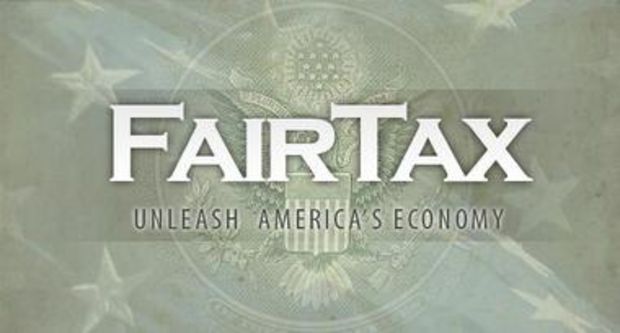
 ABOUT CONGRESSMAN JIM BRIDENSTINE (R-OK)
ABOUT CONGRESSMAN JIM BRIDENSTINE (R-OK)






